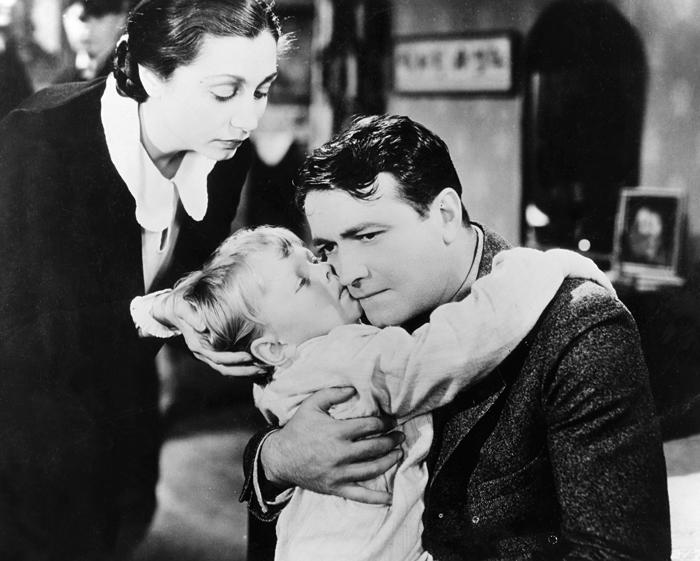NR | 1 h 16 min | Drama | 1933
William Wellman’s film takes a shot at communism while arguing that capitalism without moral principles can be as rudderless and disruptive. Far from neutral, though, the film champions capitalism with humanitarianism, if not outright altruism, at its center.





